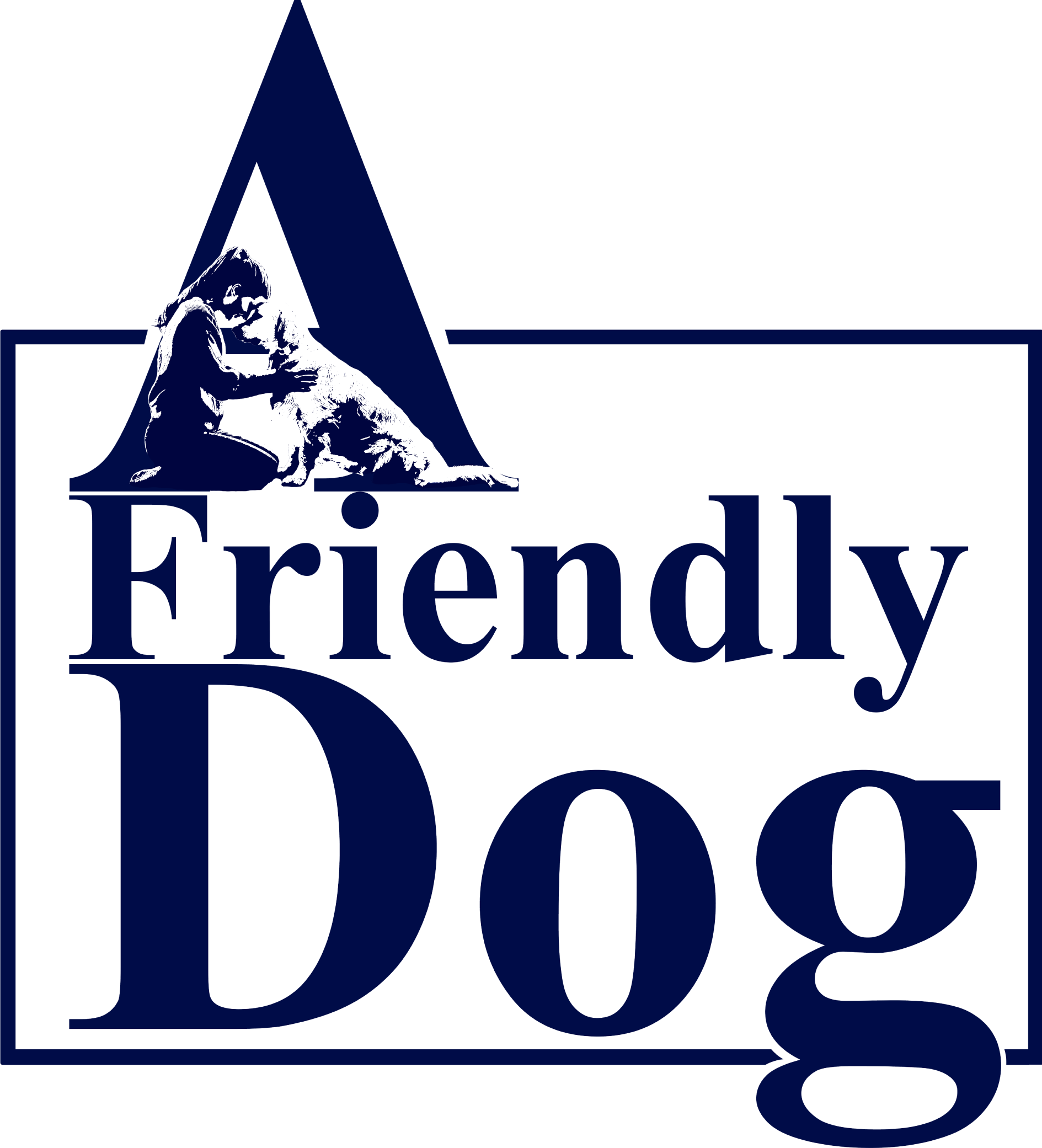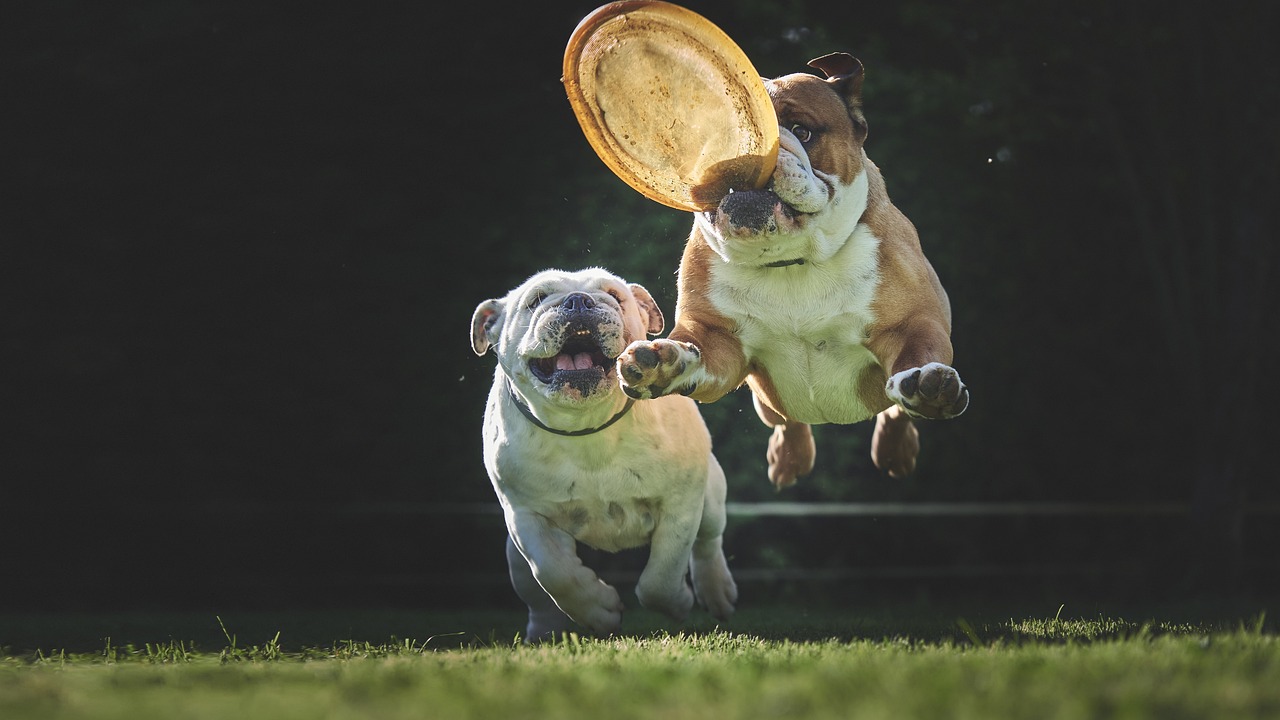Food serves as a source of nourishment, energy, comfort, and often brings sheer pleasure. Recent studies indicate that more than half of the dog population is afflicted with excess weight or obesity. Consequently, such dogs are more susceptible to health issues, making it imperative to address their weight concerns promptly. However, the solution does not solely lie in increasing exercise.
Neutered dogs may exhibit lower levels of energy compared to their intact counterparts, and the same holds true for spayed females. They lack the inherent drive to remain consistently active and do not possess a desire to seek fulfillment beyond their food bowls. Conversely, older dogs may be inclined to overeat due to diminishing energy levels with each passing day. Hence, it is crucial to ensure that all dogs remain adequately hydrated and do not engage in excessive eating to compensate for any potential dehydration.
Achieving the Optimal Balance of Diet and Exercise for Your Pet
It is imperative to avoid overexerting your pet in the hope of achieving weight loss through increased activity levels. The key to success lies in ensuring that their caloric requirements are met without exceeding them through excessive snacking or emotional eating. It is essential to resist the temptation to indulge your pet’s guilt-tripping tactics into consuming more than the recommended amount.
While increasing physical activity levels through regular walks is beneficial, it is crucial to avoid compensating for this by adding more calories to your pet’s diet. Instead, ensure that your pet receives the recommended amount of calories without compromising on other lifestyle choices. A brisk walk of 20-30 minutes is sufficient to enhance your pet’s stamina and promote digestion.
Counting calories and monitoring portion sizes are essential to prevent weight gain, lethargy, and addictive behavior. While treats and table scraps may bring joy to your pet, they can have adverse effects on their health. It is crucial to bond with your pet without resorting to food bribes. Consider using healthier options such as baby carrots and steamed broccoli as treats and snacks. Frozen yogurt can also be offered in moderation, but it is advisable to freeze plain, low-fat yogurt as a healthier alternative. Additionally, incorporating supplements such as Omega 3 into your pet’s diet can help curb their need for extra nourishment.
Above all, it is vital to monitor your pet’s caloric intake and portion sizes. Observe any changes in their physical appearance, such as bulging at the waist and reduced agility. Do not give up if your pet succumbs to begging, and always provide them with extra love and attention.

